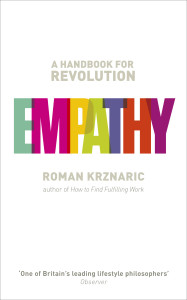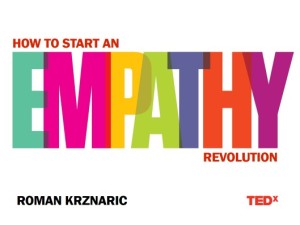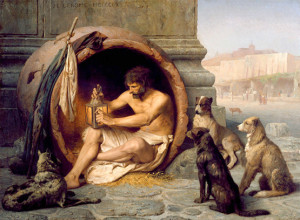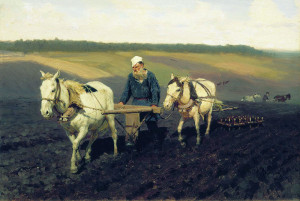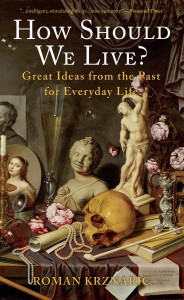It was exactly 30 years ago that George Orwell set the opening of his novel 1984: ‘It was a bright cold day in April, and the clocks were striking thirteen.’ Most people know Orwell for this novel, and his satirical tale Animal Farm. Less well known is that he was one of the great empathic adventurers of the twentieth century. In the following short clip from my RSA Animate The Power of Outrospection, I describe how Orwell learned to step into other people’s shoes when he became a tramp on the streets of East London in the late 1920s. Orwell was one of the major inspirations for my new book Empathy: A Handbook for Revolution.
Here’s the one minute clip.
Roman Krznaric’s new book Empathy: A Handbook for Revolution is out now.



